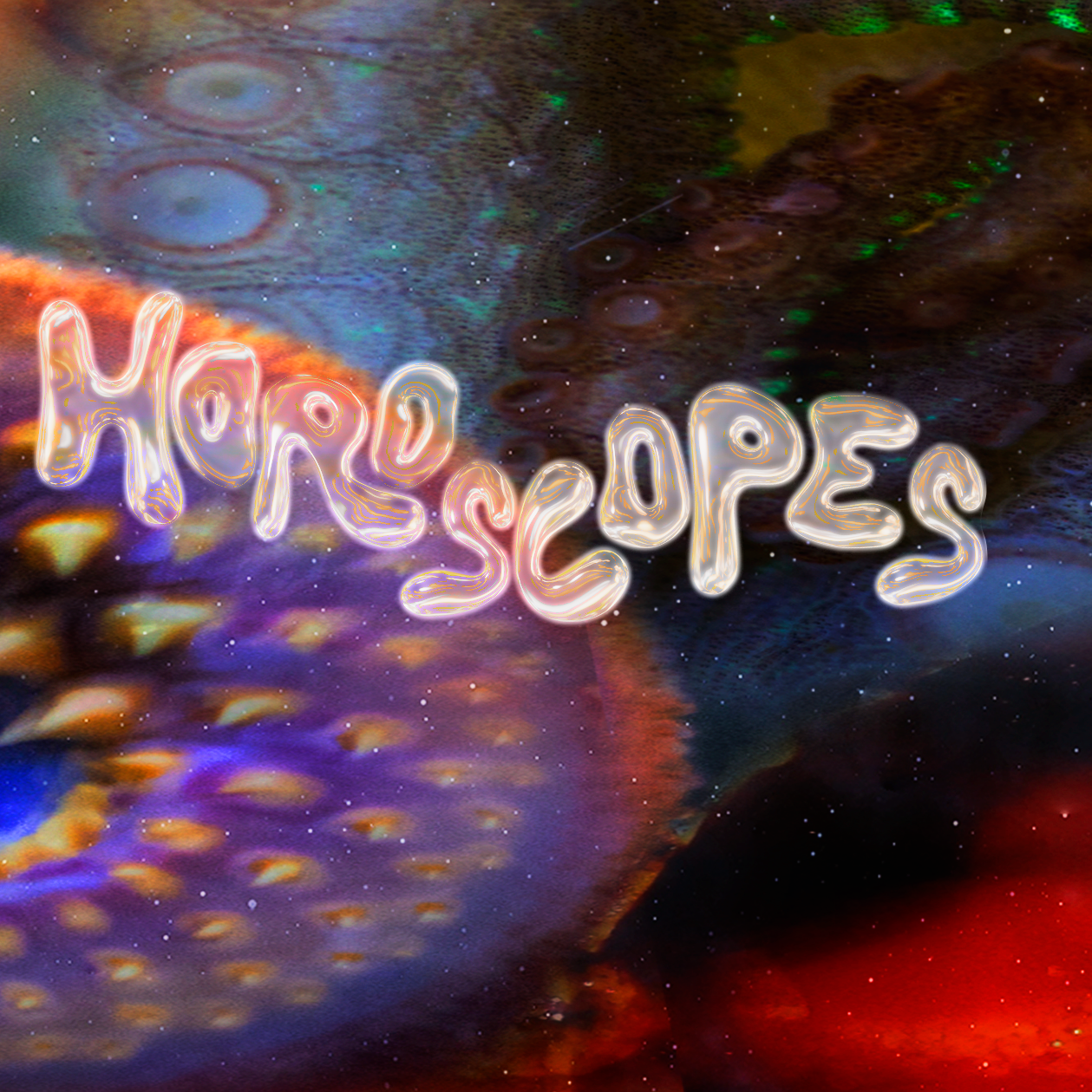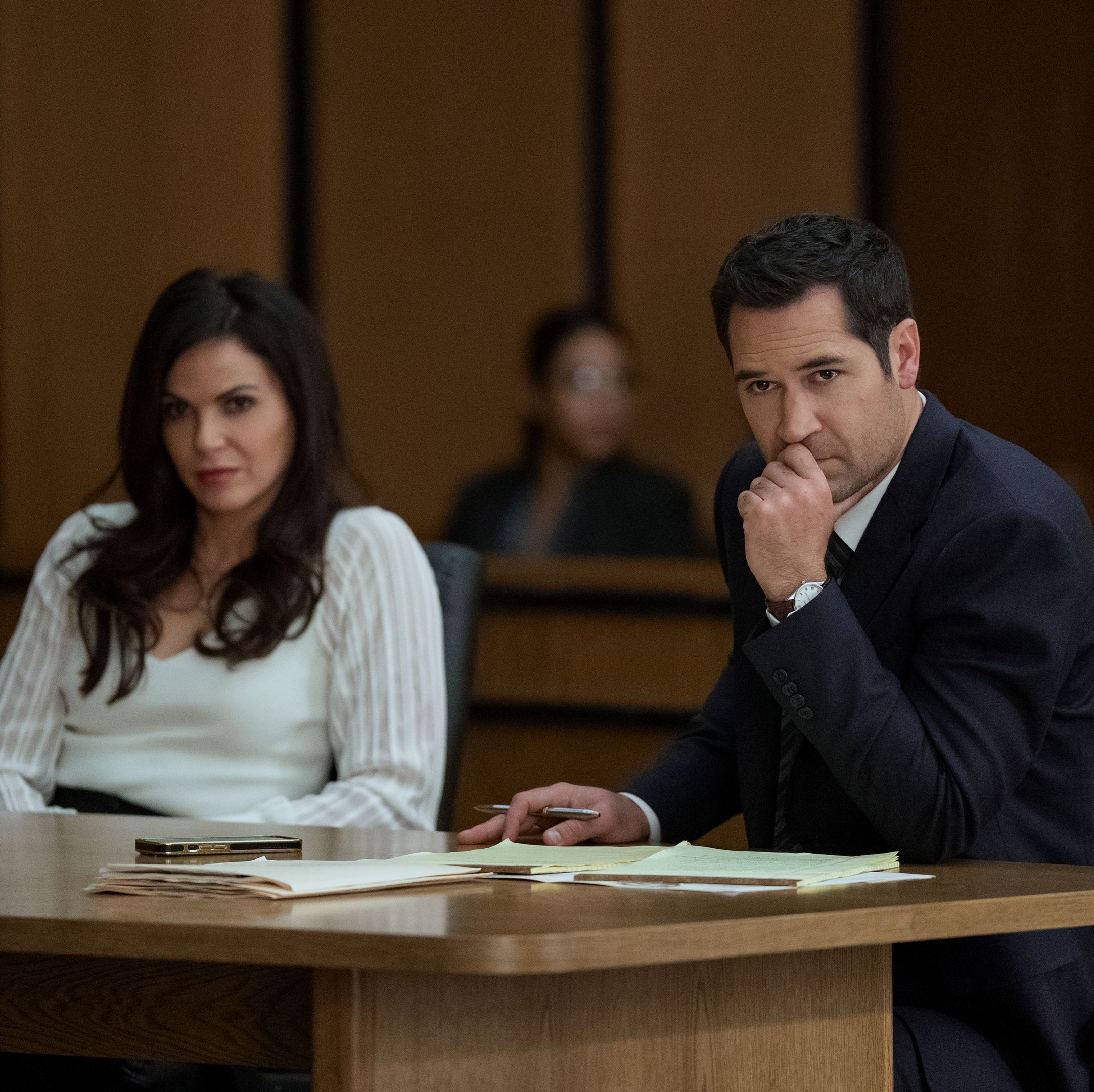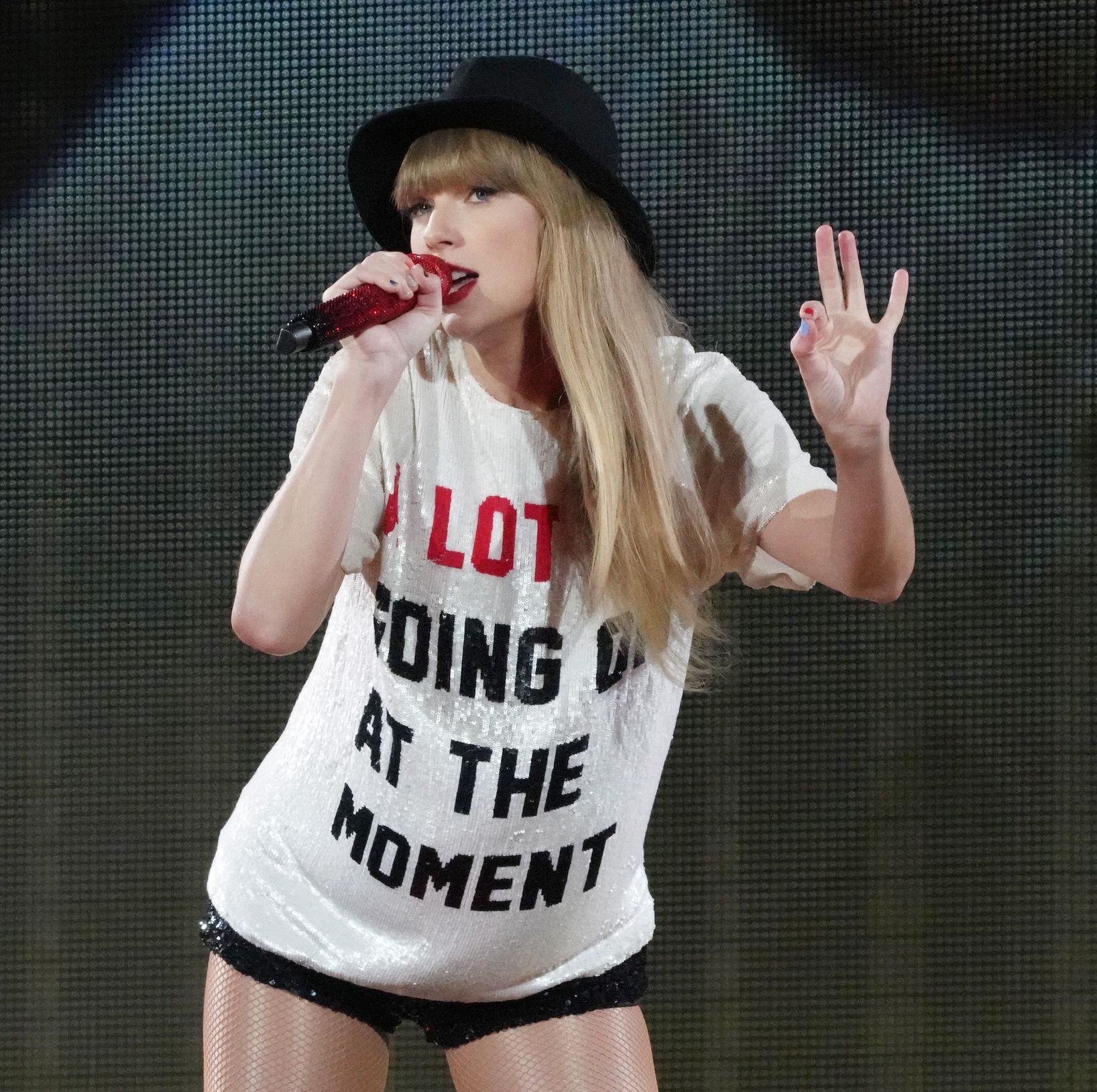The Spectacular Rise of the Misery Lesbian™
From: Cosmopolitan Oct-18-2022 03:40:amIf you have trouble viewing this email, view it in a browser.
Maybe you’ve seen her flirting with women just for the thrill of rejecting them. Maybe she’s viciously gossiping about the new neighbor but only because she secretly wants to f*ck her. Maybe she’s married but sulking about her life of comfortable domesticity. Meet the Misery Lesbian™ (yes, I’m coining the term), who isn’t so much a person as she is a phenomenon—and lately, she’s everywhere in pop culture.
Once upon a time in Hollywood, there were hardly any lesbians at all—only the classic Gay Best Friend, a man who exists solely to deliver sassy quips to a gaggle of straight women (Stanford Blatch, etc.). Then there was the Lesbian Best Friend spin-off, who is usually less cosmopolitan and more broke than her GBF counterpart but relevant to the heterosexual main character because she reinforces the idea that a roller-coaster life with a man is better than whatever she’s got going on. (Here, a moment of silence for long-suffering butch LBF Susie in The Marvelous Mrs. Maisel.) On the more tragic side, there was the Bury Your Gays trope, which basically demands that once any queer character is happily in love, one or both dies, implying that while queer people themselves are disposable, their misery is worth including. A recent example? The sudden death of Villanelle in BBC’s Killing Eve, happening just moments after lesbian love is acknowledged and requited.
But now, there’s an appetite in mainstream media for lesbian main characters who are not just grappling with ambient misery caused by random life circumstances or even external homophobia but are actually, gleefully bringing the suffering down upon themselves and others.Everything you need to know for the upcoming week.
Time to break down the wild season finale!
The creative director's glittering attire looks stunning in these pictures.
🎶 I don't know about you, but I think I need tissues 🎶
Follow Us ![]()
![]()
![]()
![]()
Unsubscribe | Privacy Notice/Notice at Collection Cosmopolitan.com
©2023 Hearst Magazine Media, Inc. All Rights Reserved.
Hearst Magazines, 300 West 57th Street, New York, NY 10019![]()
Cosmopolitan
Cosmopolitan Email Offers
- 📩 How Marathon Training Rewired My Broken Diet Culture Brain
- 📩 This Internet-Viral Hair Dryer Is Worth the Hype
- 📩 In Case You Want to Know What Happens After You Cancel Your Wedding, Here You Go
- 📩 Missed Oct. Prime Day? These Deals Are Still Live!
- 📩 What I’ve Learned from Sleeping with (a Lot of) Married Men
- 📩 Your Weekly Tarot Card Reading, by Zodiac Sign
- 📩 I Hate My Boss, But I Love My Job. What Do I Do?
- 📩 The Bobbi Althoff Interview You’ve Been Waiting For
- 📩 Yes, Your Kindle Needs a Remote-Controlled Page-Turner, tyvm!
- 📩 The Spectacular Rise of the Misery Lesbian™
- 📩 Ken Alert! Where To Buy 'I Am Kenough Hoodie' Online
- 📩 You Can Still Get Margot Robbie's Pink Birkenstocks from the 'Barbie' Final Scene
- 📩 Shakira Left Fans Speechless With the Most Daring Bra-Inspired Look
- 📩 Pretty Much Every Celeb Ever Was at Michael Rubin's Hamptons Party This Weekend
- 📩 The Best Time to Buy Sex Toys? During Prime Day (and RN!)
- 📩 Jennifer Aniston Breaks Down Her Fitness Routine, Morning Habits, and the Simple $10 Vinegar She Sips Each Day
- 📩 Prince Harry Is Seated 3 Rows Behind Prince William and Kate Middleton at King Charles's Coronation
- 📩 Miranda Lambert Is Almost Unrecognizable in a Never-Before-Seen Personal Photo on Instagram
- 📩 I Accidentally Cheated on My Boyfriend
- 📩 Meet the Scammer Who Traveled the World by Swindling Her Closest Friends
- 📩 Gain instant access to everything Cosmo Unlocked has to offer!
- 📩 Watch Emily Blunt Crash the Rock’s Oscars Interview After He Called Her Out On the Air
- 📩 People Think a Party Favor Justin Bieber Handed Out at His B-Day Is a Dig At Selena Gomez
- 📩 Your Valentine's Horoscope Knows How Your Date Night Will Go
- 📩 38 Personalized Valentine’s Day Gifts That Add an Extra-Special Touch
- 📩 Save 57% when you join Cosmo Unlocked today!
- 📩 Alert: Rent the Runway Memberships Are on Major Discount for Black Friday
- 📩 Pete Davidson and EmRata Were Photographed Getting Cozy, So Guess It's Official
- 📩 All the Kardashian-Jenner Family's Epic 2022 Halloween Costumes—So Far!
- 📩 'Yellowstone' Fans Are Making Demands After Luke Grimes Confirms Shocking IG News View All Email Offers >>
Cosmopolitan Promo Codes
- ⏳ cosmopolitan在線商店尋找好物
- ⏳ cosmopolitan大降價,這個折扣碼不容
- ⏳ cosmopolitan
- ⏳ Los descuentos que estabas esperando por Octu
- ⏳ Ofertas especiales de cosmopolitan Octubre
- ⏳ ¡Un atractivo descuento Extra cosmopolitan!
- ⏳ Canjea el cupón cosmopolitan y ahorra un des
- ⏳ Terraces Suite Rooms As Low As $450
- ⏳ Sign Up For Cosmopolitan
- ⏳ Redeem a Comsmopolitan-only 60 Days Free of A
Popular Stores
- Cobre
- Driven By Style
- Vivida Dermatology
- Enduropacks.com
- Essentialsequential.com
- Dyse One
- Engine Themes
- Folksy.com
- Eva Wigs & Extensions
- Comicfleamarket.com
- Dkng
- Cloth Inc
- Prairie Grass Patterns
- Prefloortools.com
- Pooltees.com
- Prokituk.com
- Weardpc.com
- Youniverseonline
- Uk Printing Solutions
- WP101 Plugin
- Tool and Fix
- Danner
- Cryo-Cell
- Live And Learn
- Bows-N-Ties
- Boca Bearing
- Bobbitoads.com
- DK Custom Products
- French Bull
- Forever Bamboo








